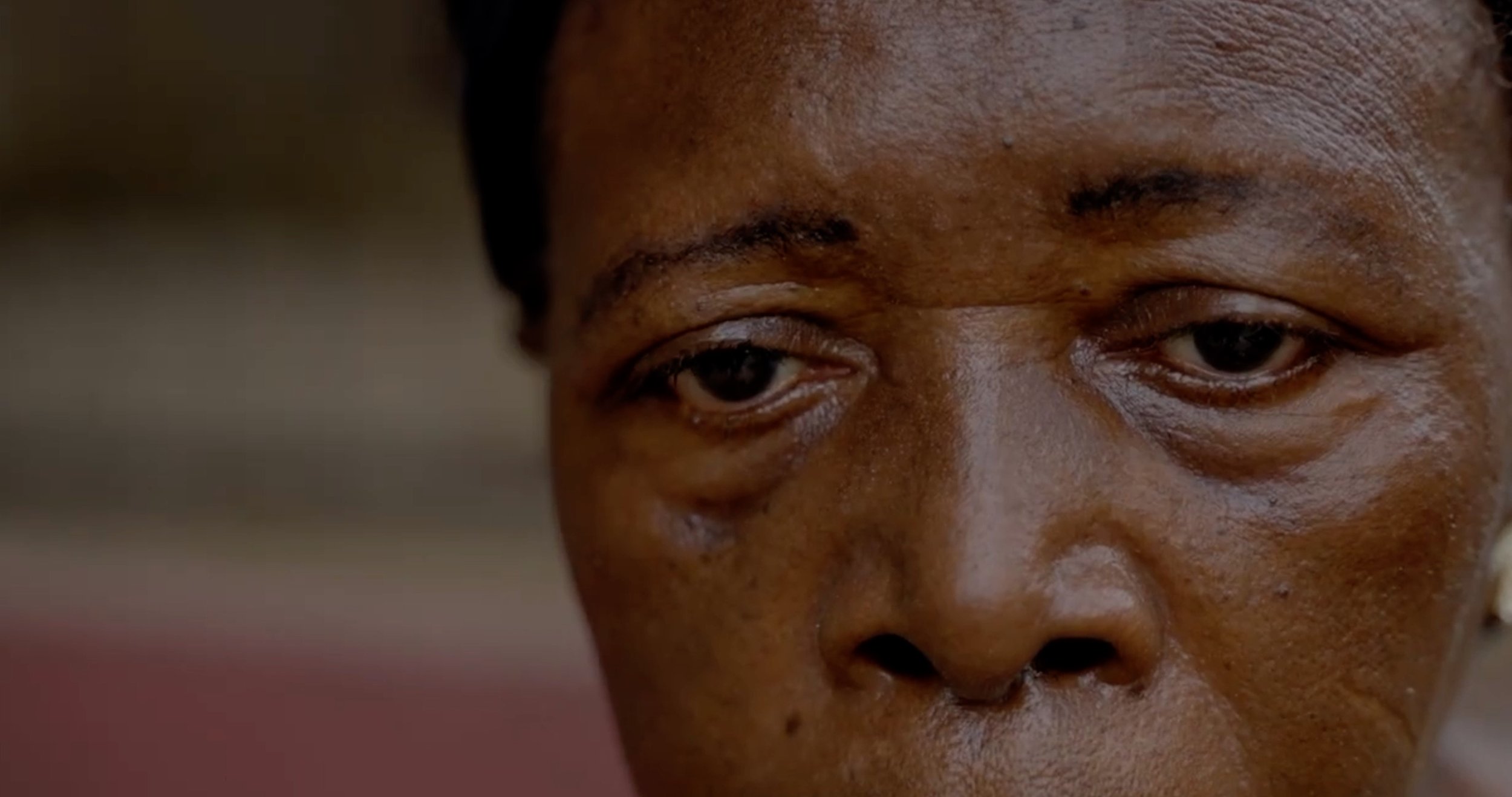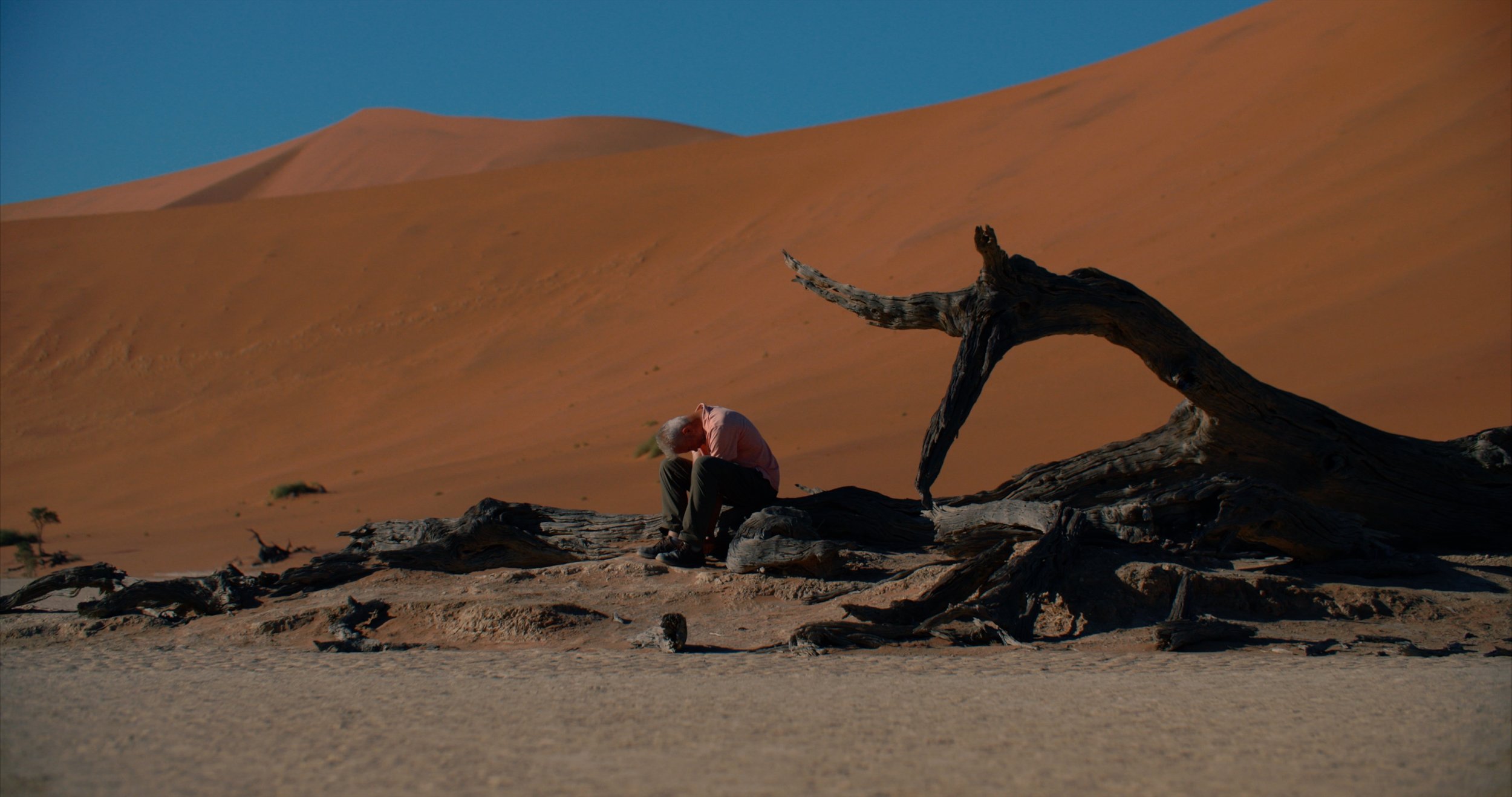
PARKINSON’S
The fastest growing neurological disease in the world with no known cure
The Reality of Parkinson’s
10 million people in the world have Parkinson’s.
The risk of developing Parkinson’s is twice as likely in men than women and men are more likely to get Parkinson’s earlier in life than women.
In many African societies, Parkinson’s is seen as a curse rather than a neurological condition and most African sufferers have no access to medicine, and many are abandoned and shunned.
In the UK 1 in 3 adults knows someone with Parkinson’s and, for every person diagnosed with the disease, over 100 people are in some way touched by it.
74% of people in the UK are not aware that depression, anxiety and pain are associated with Parkinson’s disease.
“Parkinson’s is like the tide in that it sneaks up on you unnoticed until it’s too late, and there’s no stopping it.
I am not the man I was before diagnosis. Parkinson’s takes away your smile, your laughter, your engagement and your sense of fun.
In short, every day I become less of the man I used to be. Less engaged and less engaging. Less interested and less interesting, and less involved in everyday matters. Slowly I feel as though I am drifting away from my friends and family, however hard I try not to.”
“African voices have largely been under represented when it comes to Parkinson’s research studies and clinical trials, and I think it’s time to rectify that. My hope is that as time goes along, more people will have the courage to rise above the stigma and share their stories.”
“Unfortunately, those people affected by Parkinson’s disease in Africa, are not seen as themselves but seen as the person with Parkinson’s. So, always you get defined by your condition.”
“I will be content when I have done as much as I possibly can to visit as many people as I possibly can along the with way with Parkinson’s and have drawn attention to their plight and not just my own plight. The journey itself will be quite something, but knowing I have done something to raise awareness for all these people will give me great satisfaction.”





